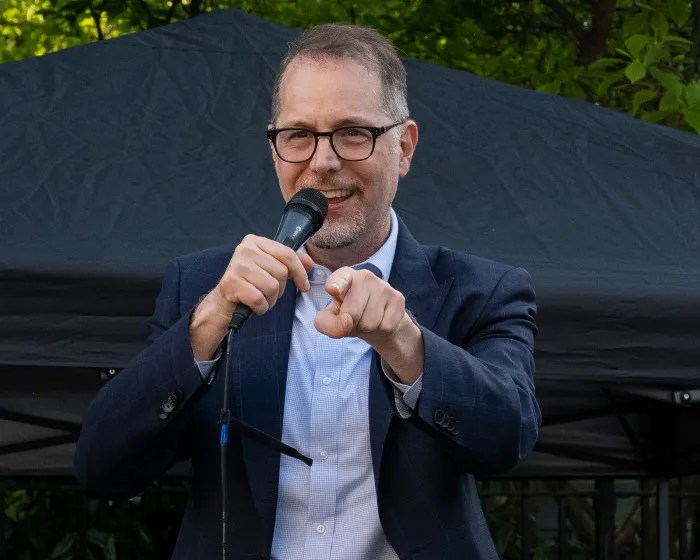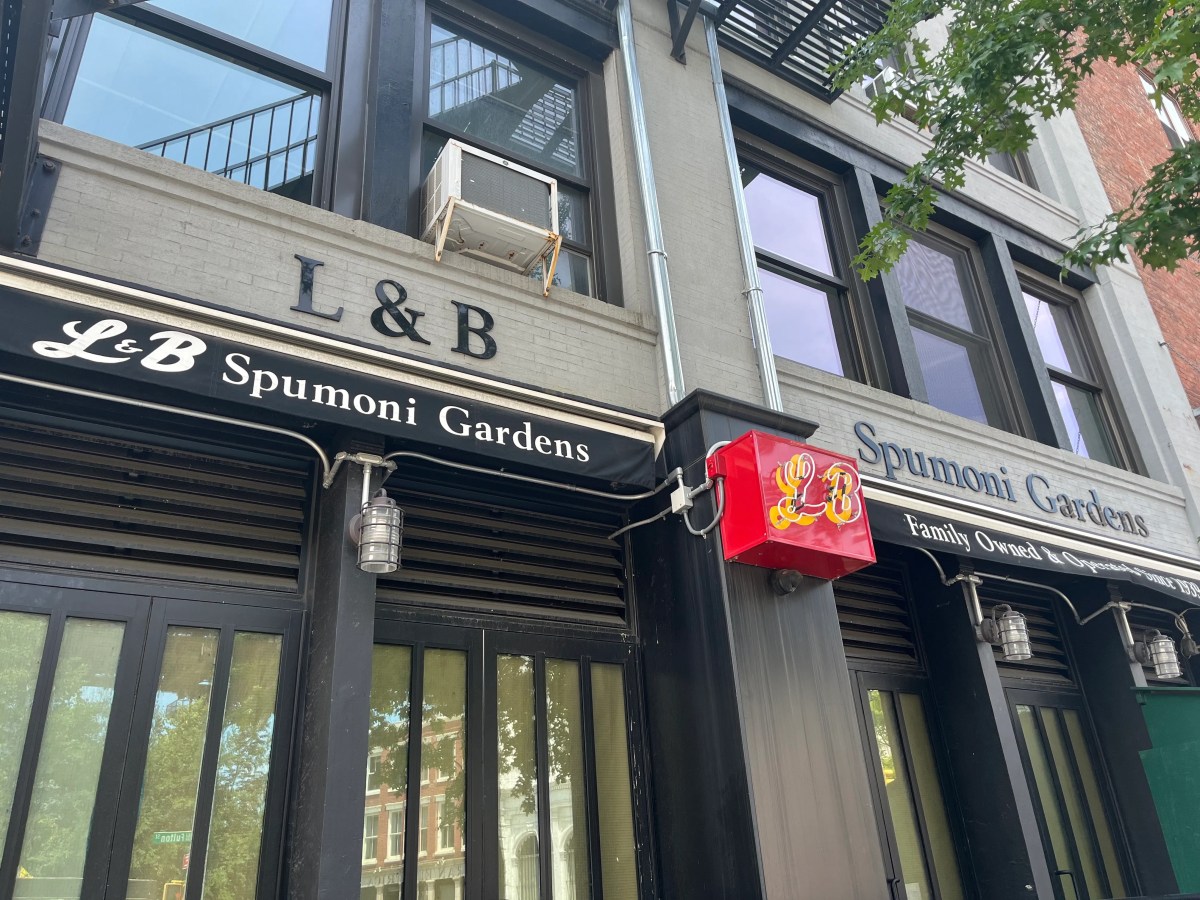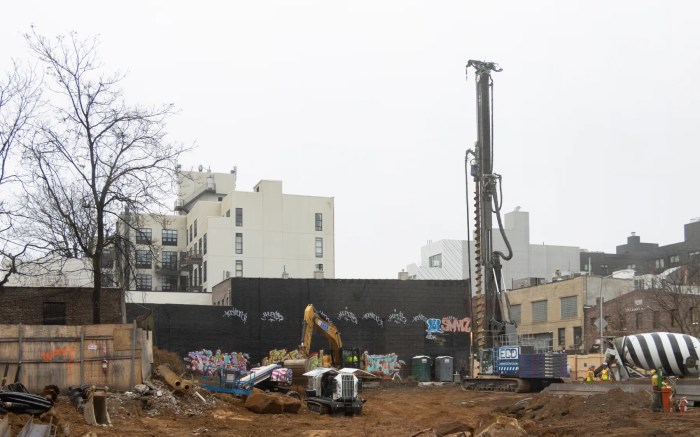BY ALINE REYNOLDS | The goal of Community Board 1’s new Housing Committee, is “to allow people to have tenure in the community,” said committee chair Tom Goodkind.
“It should be up to you, not the conditions you’re living in, to move out of your home,” Goodkind told the audience on Monday, Sept. 26, as they discussed ways seniors could more easily age in place and how and where tenants can obtain rent-stabilization in the neighborhood.
One way the committee plans to implement that vision is by opening up a center for the elderly named “Manhattan Seniors.” The nonprofit, which the committee hopes to launch by the end of 2012, would provide 24-hour affordable domestic health care, cleaning, and other services for seniors, as well as organize daytime activities for them in the neighborhood.
Manhattan Seniors would serve as an alternative to displacing the elderly from their homes, according to Goodkind.
Seniors, he said, tend to get disoriented — and in some cases, fall ill — when they move out of their homes and into nursing care facilities.
“Maybe we should stop bringing seniors to facilities and offer them to age in place with the same kind of assistance,” said Goodkind. “It’s a new model no one has really approached yet.”
Once formed, the organization will be soliciting funding from private and government organizations, so that participating seniors receive steep discounts for the services.
The services, Goodkind stressed, must be affordable. “Mayor Bloomberg wants everyone to age in place, but it’s not possible at the moment,” he said. “We want to make it possible, so that people have an option to remain at home.”
The committee will be inviting neighborhood landlords to help set up satellite offices in the community, so that the seniors can have easy access to the services offered by Manhattan Seniors. The committee is currently working on a business plan, which it hopes to have prepared by the spring.
Rent stabilization
Downtown has more rent-stabilized units than the community thinks, according to Goodkind.
The number has risen by one-third since C.B. 1 came out with its rent-stabilization guide in 2009, he reported, prompting a need to update the board’s rent-stabilization guide to include approximately 2,000 additional rent-regulated units.
The revised guide, Goodkind said, will be available for distribution by the end of the month.
“I think this is a very important subject,” said Goodkind, who said he has witnessed fellow community members being forced out of their homes due to increases in rent and other living expenses.
Preserving rent-stabilized units in the area, Goodkind continued, “will keep a large part of the community in tact.” In the case of 37 Wall St., the city’s Civil Court issued a final decision in August 2010 that all of the building’s units are subject to rent-regulation, no matter what the rents are.
Scores of other apartments in Lower Manhattan should be stabilized but aren’t, according to housing attorney Serge Joseph, who represented the 37 Wall St. tenants in court.
“One of the conditions of receiving 421G [tax exemption] is that all apartments would be subject rent stabilization, even if the initial rent for an apartment in that building is $2,000 or more,” Joseph said. “The solution is, these tenants need to enforce their rights… they need to demand that they be treated as rent-stabilized tenants” said Joseph, by filing rent overcharge complaints to the state’s division of Housing and Community Renewal.
C.B. 1 might also consider taking the issue to the state Supreme Court, according to Joseph, since a ruling from a higher court might be the best way to secure tenants’ rights. “Another landlord may say they’re not bound by this [37 Wall St.] decision,” he said. “Otherwise, I’d be comfortable saying all the 5,000 apartments [in the rent-stabilization guide] are indisputably rent-stabilized.”
Paul Newell, the Democratic district leader for New York’s 64th Assembly District, agreed that legal action is necessary to enforce rent regulation rules. “If we can try and get a bunch of people in the room and craft a legal strategy, it sounds to me like there is legal grounds to extend stabilization to at least 50 percent of the units in the Financial District,” said Newell.
Housing Committee member Tiffany Winbush, who has been living at 37 Wall St. since 2009, said she was very relived about the judge’s ruling.
“I’m benefiting, ‘cause I have a lease agreement that shows me how much my rent is expected to go up over a year or two years,” she said. “So at the end of my lease, I’m not surprised.”
Winbush made it clear, however, that her rent isn’t the least bit inexpensive. Just because it’s rent-stabilized, she explained, “it doesn’t necessarily mean that your apartment is more affordable. It just means that it’s protected and can’t go up by extremes.”
The committee also has plans to update and reprint the board’s senior and affordable housing guides in the coming months.






































